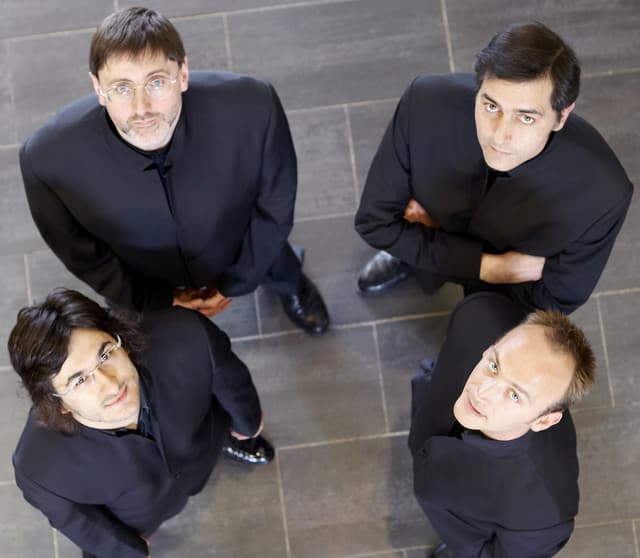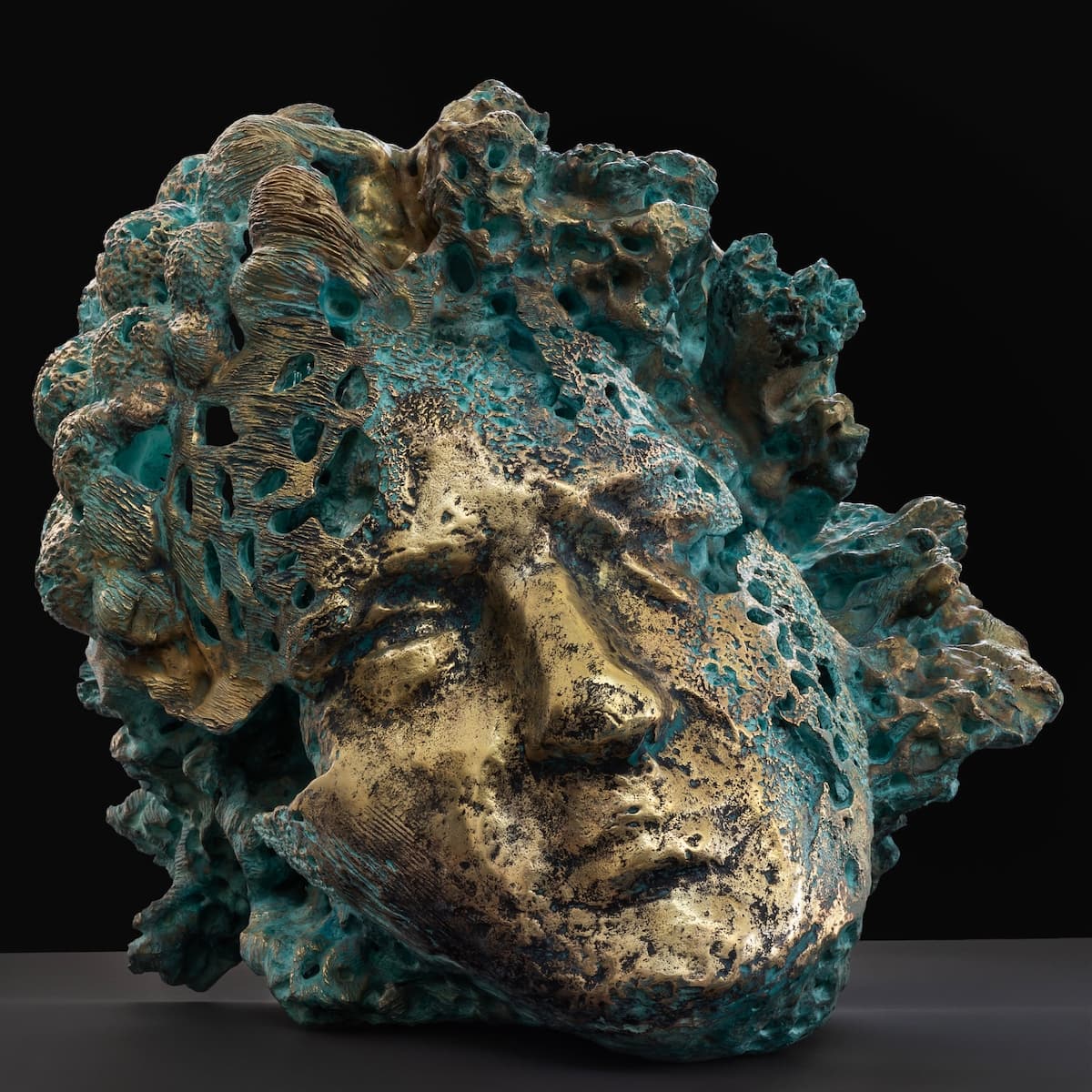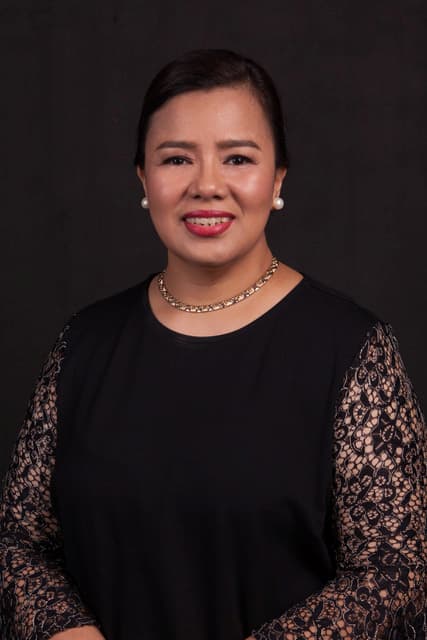Meet Sofia Lourenço, a Portuguese pianist, musicologist, and researcher who recently released a new album featuring Spanish piano music of the 20th century. The album, Caminos Andaluces, represents Sofia Lourenço’s piano journey.
Hi Sofia, congratulations on the release of your new album. Can you tell us about it?
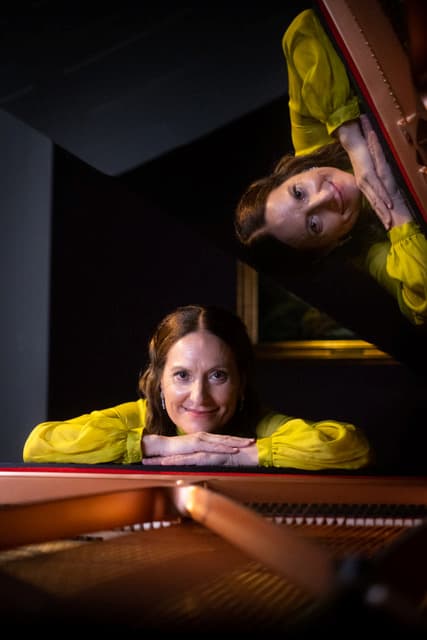
Sofia Lourenço
“Caminos Andaluces includes eight piano pieces by Spanish composers from the 19th and 20th centuries. They are a piano biography of me because I studied most of them when I was young. I am familiar with these repertoires and have enjoyed them. I finally have the opportunity to record them in an album and dedicate this album to my former teacher, Helena Sá e Costa.
The album starts with Ernesto Halffter’s Danza de la gitana. It’s the dance of the gypsy woman, and as a matter of fact, I like this piece very much. I studied it with Helena Sá e Costa. She had a long performing career; she started playing in the 1930s and always included this piece at the end of her recitals in Central Europe, where people tended to connect the Portuguese tradition with the Iberic tradition, which is true but not completely true. Portugal is a small country squeezed between the Atlantic and Spain, but we have our own traditions. We are more melancholic, and we have this tradition of fado, which gathers singing and is more nostalgic and lyrical.
I learned Isaac Albeniz’s Iberia while studying with Helena Sá e Costa. The first piece of the set, Evocation, introduces the spirit of Iberic emotion. In fact, Isaac Albeniz adapted many Spanish dances, melodic flourishes, and suggestions of a singing technique called Cante jondo (a vocal style in flamenco). El Puerto and El Albaicin are named after Spanish towns.
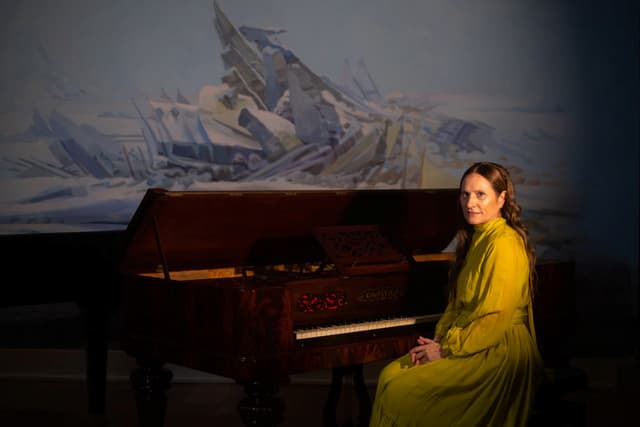
Sofia Lourenço
The last four pieces, Cuatro Piezas Espanolas (1909), were written by Manuel de Falla, another well-known, important, creative, and innovative composer. I learned this set when I was doing my master’s degree at Universität der Künste Berlin, in Germany. De Falla wrote this set around the same period when Albeniz wrote Iberia (1905-1909). Still, of course, de Falla has a different style from Albeniz; de Falla’s style is more poetic and delicate without excessive picturesque features but with more tenderness and rhythmic accents of great intensity.”
The second piece, Cubana, was composed shortly after Spain lost Cuba in 1898:
The last piece is called Andaluza, which refers to his birthplace, Andalusia. It imitates the guitar sound of Spanish dances.
Sofia Lourenço was taught by several distinguished pianists, including Sequeira Costa, Vitaly Margulis, and Alicia de Larrocha. But perhaps the one who influenced her the most was Helena Sá e Costa.
In the interview, Sofia shared with me that she contributed a chapter in the biography of Helena Sá e Costa. When I asked her about their close relationship, Sofia responded:
“She (Helena Sá e Costa) was a very well-known pianist, and I am her late student; she was over 60 when I started studying with her. She has had an enormous influence on my life, and of course, I wouldn’t be a pianist today without her. She even sent me to Universität der Künste Berlin, where she had studied in Berlin before the Second World War with Edwin Fischer. A few months before my final exam, she wrote down the school’s address in my notebook, saying it was the best school. She visited me once when I was studying in Berlin in the 90s.”
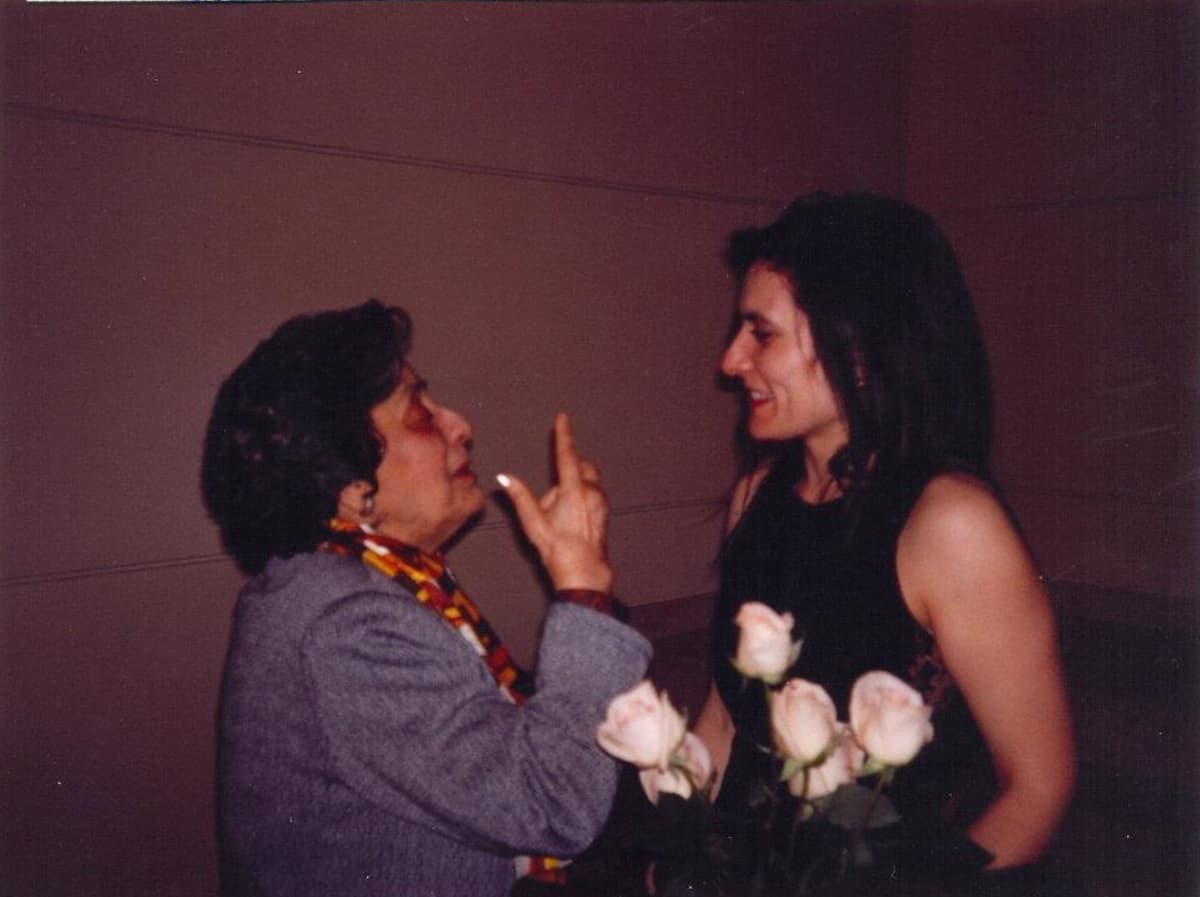
Sofia (right) with Helena Sá e Costa (left)
In addition to her performing career, Sofia finished university aggregation proofs at Universidade Fernando Pessoa and postdoctoral studies at Universidade Católica Portuguesa, where her research interests focus on historical musicology, performance studies (piano schools), and systematic musicology, on which she focuses her multidisciplinary project MAPP- Multimodal Analysis of Piano Performance
The album Caminos Andaluces is available on Bandcamp and Spotify.
Learn more about Sofia Lourenço and her other recordings and works.
For more of the best in classical music, sign up for our E-Newsletter

